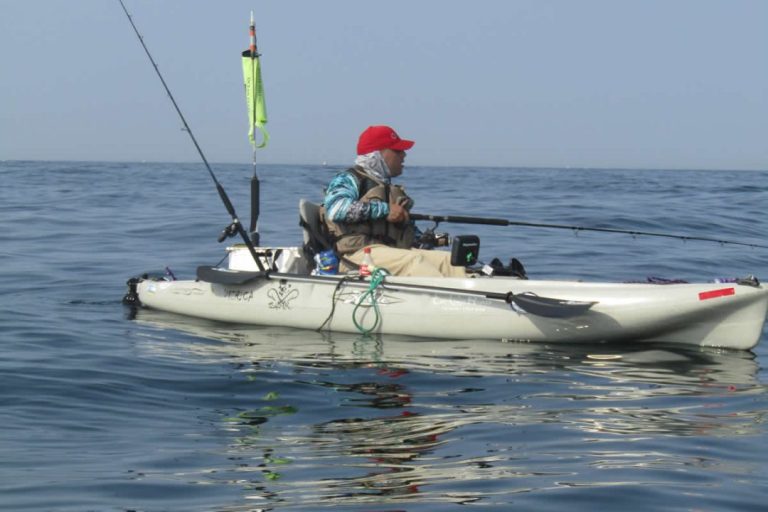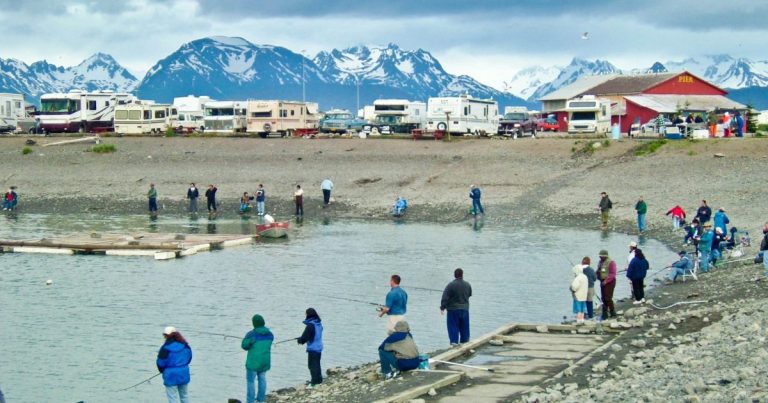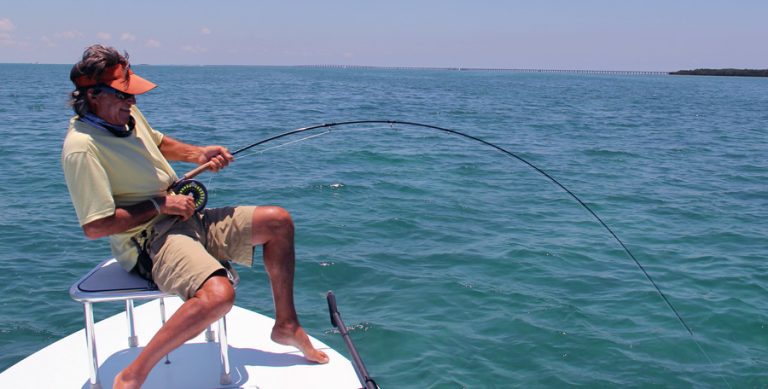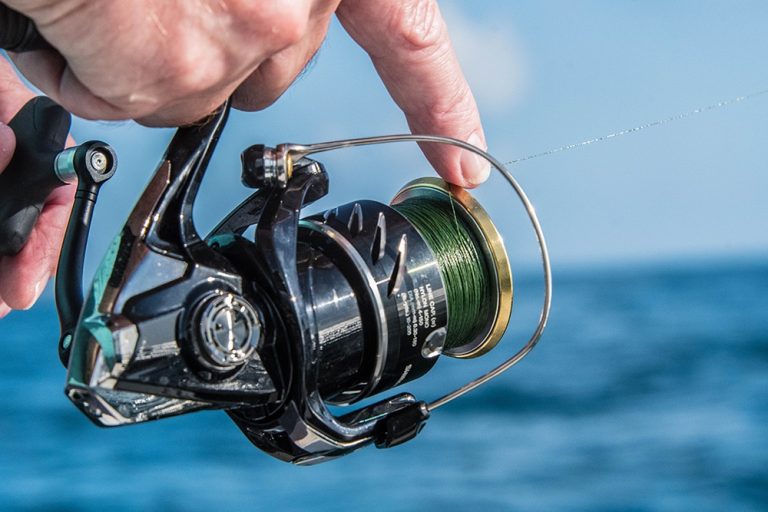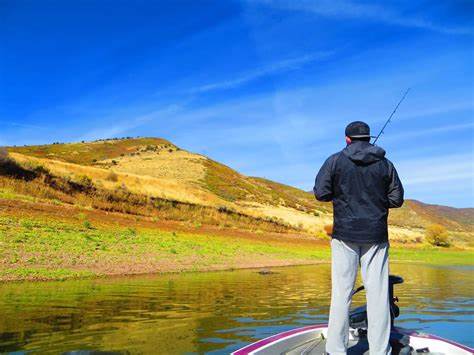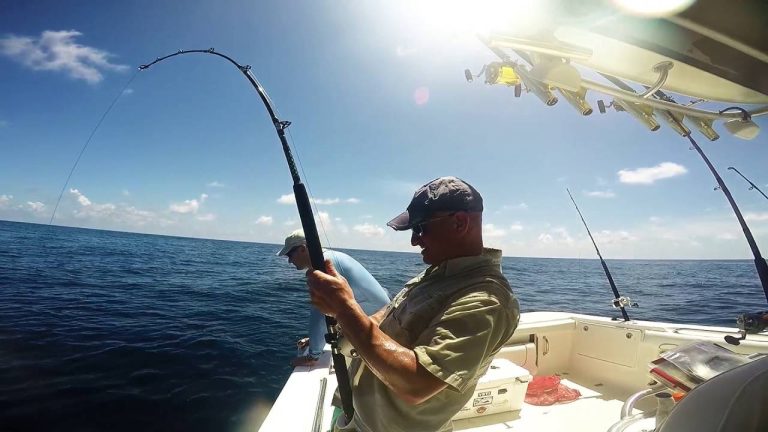Fishing the magnificent Great Lakes system presents anglers with unparalleled opportunities, but also unique challenges when it comes to licensing requirements. With five lakes spanning eight U.S. states and Ontario, Canada, understanding when and where each jurisdiction’s regulations apply is crucial for a legal and enjoyable fishing experience.
Understanding Great Lakes Fishing Licenses
The Great Lakes region offers world-class fishing opportunities for species like salmon, trout, walleye, bass, and more across Michigan, Wisconsin, Minnesota, Illinois, Indiana, Ohio, Pennsylvania, New York, and Ontario. Each jurisdiction has its own licensing requirements, fees, and regulations that anglers must navigate when fishing these shared waters.
The most important consideration for Great Lakes anglers is understanding boundary waters. A fishing license is only valid within that state’s territorial waters, so crossing invisible boundaries on the water can unknowingly put you in violation of regulations. For serious Great Lakes anglers who frequently fish across multiple states, purchasing licenses for neighboring jurisdictions is often necessary.
State-by-State License Requirements
Michigan
Michigan’s fishing licenses are valid from April 1, 2025, through March 31, 2026. Licenses can be purchased online through the Department of Natural Resources website, via the Michigan DNR Hunt Fish app, or in person at license agents.
License Fees:
- Resident: $26
- Non-resident: $76
- Senior residents (65+): $11
- Legally blind residents: $11
- Youth (under 17): $2
- 24-hour license: $10 (resident and non-resident)
Michigan has seen strong interest in recreational fishing, with data showing 180,033 first-time license purchases and 807,573 total licenses sold from June 2023 to June 2024. The state offers free fishing weekends on June 7-8, 2025, when all fishing licenses are waived for residents and out-of-state visitors.
New 2025 Regulations:
- Modified steelhead size limits on several Type 3 and Type 4 streams
- New single-pointed hook regulations in Grand Haven, Muskegon, and Whitehall/Montague ports (Nov. 1-30)
- 50-inch minimum size limit for muskellunge in Thornapple Lake and Lake Hudson
Wisconsin
Wisconsin has specific licensing requirements for different types of fishing activities on the Great Lakes:
Guide License Requirements:
- Required for guiding clients for fish species other than trout and salmon on outlying waters
- Required for trout and salmon guiding on the Great Lakes by means other than trolling
- Required for guiding on Great Lakes tributary streams up to the first fish impasse
Wisconsin guide licenses are valid for the calendar year (January 1 to December 31). Starting in 2022, guides taking clients on Lake Superior, Lake Michigan, and Green Bay are required to report electronically for specific locations based on current management needs.
| Reporting Location | Species | Waters |
|---|---|---|
| Green Bay | All species | All waters including tributaries up to first barrier impassable to fish |
| Lake Superior | All species | All waters including tributaries up to first lake or barrier impassable to fish |
For more information on Wisconsin’s Great Lakes fishing licenses, visit the Wisconsin DNR website.
Other Great Lakes States
Each Great Lakes state has unique licensing structures, fees, and regulations. For comprehensive information about specific states, visit:
- Illinois Fishing Licenses
- Indiana Fishing Licenses
- Minnesota Fishing Licenses
- New York Fishing Licenses
- Ohio Fishing Licenses
- Pennsylvania Fishing Licenses
Special Considerations for Multi-State Waters
Boundary Waters Navigation
When fishing the Great Lakes, you must be aware that your license is only valid within your state’s water boundary. GPS devices with state boundary information can help ensure compliance when fishing near borders.
Reciprocal Agreements
Some states have reciprocal agreements that allow fishing in certain shared waters with a single license. For more information about Michigan’s reciprocal agreements, visit the Michigan reciprocal fishing license page.
Canadian Waters
Ontario has more than 600 active commercial fishing licenses in its portion of the Great Lakes. Recreational anglers planning to fish Canadian waters should understand Ontario’s fishing regulations and licensing requirements, which differ from U.S. requirements.
License Types Comparison
This table provides a quick reference for comparing license types and fees across Great Lakes states:
| State | Resident Annual | Non-Resident Annual | Senior | Youth | 1-Day License |
|---|---|---|---|---|---|
| Michigan | $26 | $76 | $11 | $2 | $10 |
| Wisconsin | Varies by type | Varies by type | Discounted | Discounted | Available |
| Illinois | Check current fees | Check current fees | Available | Available | Available |
| Indiana | Check current fees | Check current fees | Available | Available | Available |
| Pennsylvania | Check current fees | Check current fees | Available | Available | Available |
Species-Specific Regulations
Different states have varying regulations for specific fish species in the Great Lakes:
Trout and Salmon
Michigan has modified its rainbow trout (steelhead) regulations on several Type 3 and Type 4 streams for the 2025 season. Wisconsin requires a special guide license for trout and salmon guiding on the Great Lakes by means other than trolling.
Walleye and Perch
Walleye, Yellow Perch, and Lake Whitefish account for the majority of commercial fishing harvest in Ontario’s waters. Recreational anglers should check specific size and bag limits for these species, which vary by state and sometimes by specific body of water.
Muskellunge
Michigan has implemented new 50-inch minimum size limit regulations for muskellunge in Thornapple Lake and Lake Hudson for 2025. These lakes are important sources of Great Lakes-strain muskellunge for future stocking needs.
Purchasing Your Licenses
Online Options
Most Great Lakes states offer convenient online license purchasing:
- Michigan: Through the DNR website or Michigan DNR Hunt Fish app
- Wisconsin: Go Wild system for returning guides
- Other states: Through their respective DNR websites or US Fishing Licenses
In-Person Options
Licenses can also be purchased in person at:
- State DNR offices
- Authorized license agents
- Sporting goods stores
- Bait shops
For Michigan, in-person purchases can be made at the licensing desk inside DNREC’s Richardson and Robbins Building and at authorized license agents.
Free Fishing Opportunities
Several Great Lakes states offer free fishing days when license requirements are waived:
- Michigan: June 7-8, 2025, when all fishing licenses and Recreation Passports for state parks are waived
- Other states: Check their respective DNR websites for free fishing days
During these events, all other fishing regulations still apply, including size limits, species restrictions, and catch limits.
Conservation and Reporting Requirements
Wisconsin Guide Reporting
Wisconsin guides must report fishing activities in specific locations based on management needs. This reporting is crucial for sustainable fisheries management and may change from season to season.
Michigan FIN Number
Similar to other states, Michigan requires proper registration and reporting for certain fishing activities. For specific requirements, check with the Michigan DNR.
Navigating Multi-State Waters: Best Practices
- Research Before You Go: Always check the most current regulations for the specific waters you plan to fish.
- Carry Maps or Use GPS: Have accurate maps showing state boundaries on the Great Lakes or use GPS devices that display these boundaries.
- Consider Multi-State Licensing: If you plan to fish across state lines regularly, budget for multiple state licenses. For frequent Great Lakes anglers, this is often more economical than risking fines.
- Check for Special Regulations: Many Great Lakes waters have special regulations for particular species or seasons that may differ from statewide rules.
- Understand Commercial vs. Recreational Distinctions: Commercial fishing licenses have different requirements than recreational licenses.
Digital Resources for Great Lakes Anglers
The American Sportfishing Association offers an interactive license sales data dashboard that provides insights into fishing license trends nationally and by state. This tool can help anglers understand broader patterns in fishing participation.
Several states also offer mobile apps that provide:
- Digital copies of your license
- Current regulations
- GPS functionality showing state boundaries
- Species identification
- Reporting capabilities
For a comprehensive list of helpful fishing apps, visit US Fishing Licenses’ 10 Must-Have Fishing Apps.
Conclusion
Navigating the complex web of fishing licenses across Great Lakes states requires careful planning and research. By understanding each state’s regulations, staying informed about boundary waters, and properly licensing yourself for the waters you plan to fish, you can focus on enjoying the world-class fishing opportunities these magnificent lakes provide rather than worrying about potential violations.
Before heading out, always check with the appropriate state agencies for the most up-to-date information, as regulations and fees can change annually. The effort spent understanding multi-state licensing requirements will pay off with peace of mind and uninterrupted enjoyment of the Great Lakes’ abundant fishing opportunities.



